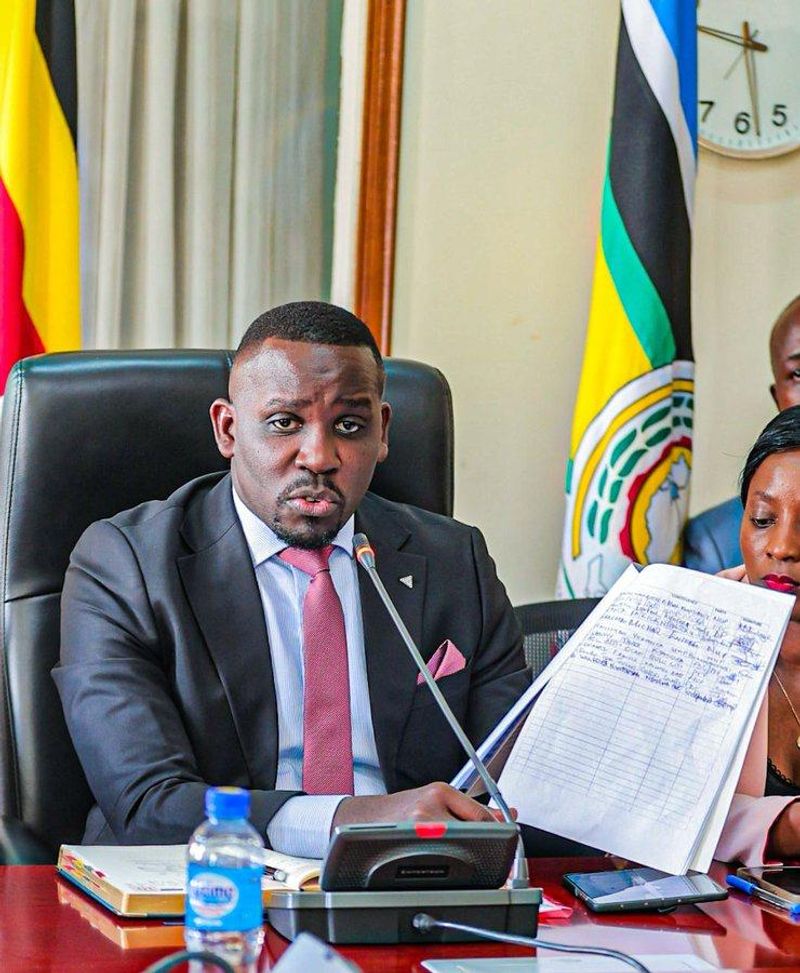
In a stark display of division, 72 out of 109 opposition Members of Parliament (MPs) have signed a resolution publicly disowning the alleged Shs100 million payout from a classified State House budget, labelling it “corrupt and secretive.”
In a resolute move unveiled today by the Leader of the Opposition in Parliament, Joel Ssenyonyi, the signatories have condemned the disbursement as “unethical and clandestine,” demanding greater transparency and accountability in the use of public funds.
Ssenyonyi emphasised the gravity of the resolution, stating, “Signing this document is like taking an oath of allegiance. It is a public commitment by these members to disassociate themselves from the Shs100 million saga. If any of them signed yet took the money, the truth will catch up with them.”
The alleged cash handouts, which have been distributed without official disclosure, have sparked widespread criticism from civil society and the public, who view them as a blatant misuse of taxpayer money. Ssenyonyi highlighted the serious concerns surrounding the transparency and accountability of funds drawn from a classified State House budget.
He further challenged those responsible for the payout to expose any opposition MPs who may have received the funds while publicly denying it. “If anyone signed yet received your money, please expose them,” he urged. Ssenyonyi also suggested that the reluctance of some opposition MPs to sign the resolution might stem from a fear of potential implications.
Dismissing any attempts to justify the payout under the guise of community development, Ssenyonyi asserted that the misuse of public funds remains unjustifiable regardless of the intended purpose. “There should never be justification for corruption. Theft is theft, no matter the purpose,” he declared. “And this money is a form of corruption that’s why it’s being distributed in secrecy.”
Notably, the list of signatories does not include some prominent opposition figures, such as Parliamentary Commissioner Mathias Mpuuga Nsamba. This absence has already begun to fuel speculation and further questions within political circles.
This development unfolds against a backdrop of increasing scrutiny of parliamentary spending and growing public demands for greater transparency and accountability from elected officials.
President Yoweri Museveni issued a statement on Friday defending the payout, claiming the funds were intended to “promote activities that help in defeating enemy schemes in Uganda” and served a patriotic purpose. He refuted the characterization of the money as a bonus or handout, framing it instead as support for internal operations crucial for safeguarding national peace and sovereignty. President Museveni also accused opposition figures and the media of being influenced by foreign interests.
The current backlash echoes the public outrage witnessed in 2021 when MPs each received Shs200 million as a car grant during the Covid-19 lockdown, further highlighting the sensitivity surrounding large, unexplained disbursements of public funds to legislators.
Opposition MPs are now demanding a comprehensive explanation from both Parliament and the Ministry of Finance regarding the source and purpose of the Shs100 million payout. They warn that the continued secrecy surrounding the use of public funds is actively eroding public trust in the integrity of government institutions.
Despite the President’s justifications, the Shs100 million saga has reignited critical debates about transparency, patronage, and the contentious use of classified expenditures within Ugandan politics. The refusal of a significant number of opposition MPs to be associated with the payout underscores the deep divisions and the ongoing struggle for accountability in the country’s political landscape.














Joan Ainabyona
Leave a Comment
Your email address will not be published.